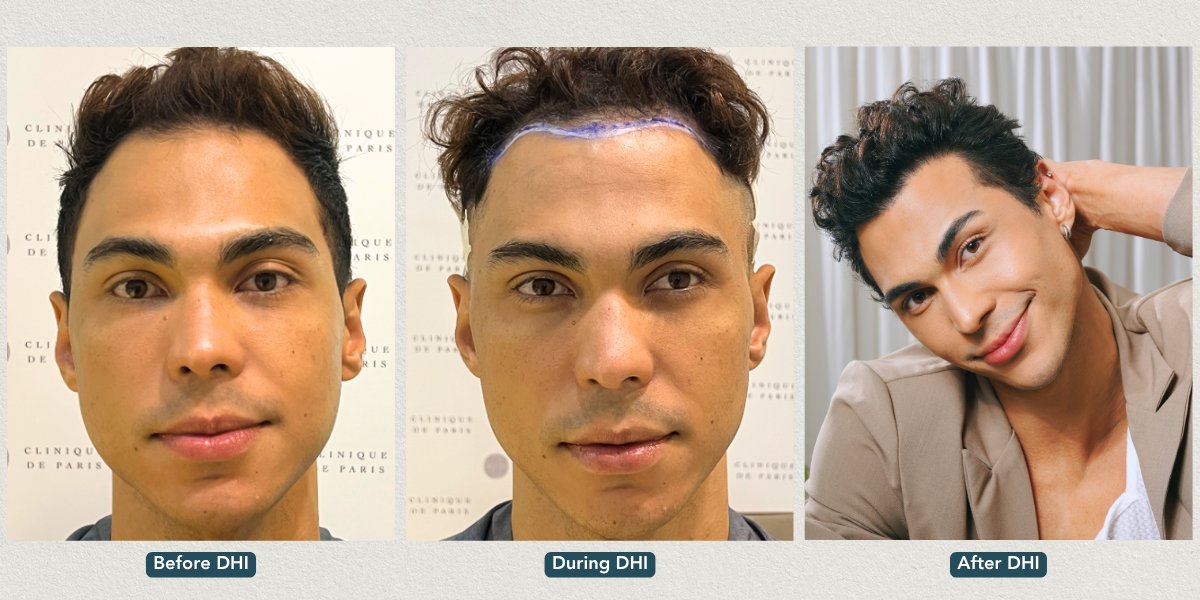Hair transplants have grown in popularity, but unfortunately, so have scams. Many unlicensed practitioners lure patients with cheap offers, only to leave them with botched results and permanent damage. Knowing how to identify hair transplant scams in the Philippines can save you time, money, and heartbreak.
Common Hair Transplant Scams in the Country!
As the demand for hair restoration grows, so does the number of clinics and providers offering the service—unfortunately, not all of them operate ethically. It’s important for patients to be aware of common scams and red flags to protect their health, results, and investment.
Too-Good-To-Be-True Pricing
If a clinic promises results at extremely low prices, it is a red flag. Hair transplants require advanced technology, sterile environments, and experienced surgeons. Cut-rate deals often mean corners are being cut, which increases your risk of serious complications.
No Accreditation or Medical Background
Legitimate hair transplant clinics are run by licensed doctors with specialized training. If a provider cannot show credentials, it is best to walk away. Choosing untrained practitioners can result in irreversible damage.
Lack of Proper Equipment
Authentic clinics use state-of-the-art tools designed for precision and safety. Scammers may rely on outdated or unsterile instruments, leading to infections and low graft survival rates. Patients deserve the benefits of
Misleading Guarantees
Beware of clinics that promise 100 percent results. Hair restoration is a medical procedure, and outcomes vary depending on each patient’s health and hair condition. Clinics that guarantee perfection are often prioritizing profit over patient safety.
Why Clinique de Paris is Different

Final Thoughts
Protect yourself from scams by choosing a trusted, accredited clinic. Clinique de Paris provides proven treatments that prioritize safety, precision, and confidence. Do not let false promises compromise your health.
